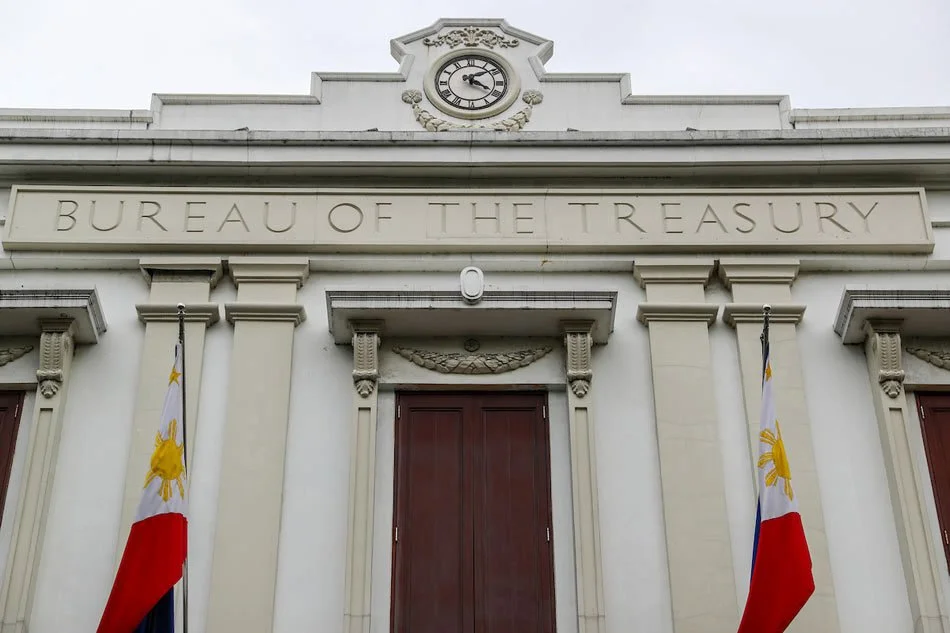The Philippines Bureau of the Treasury announced it would offer 10 billion pesos ($179 million) of one-year tokenized treasury bonds for the first time after canceling the traditional auction scheduled for Nov. 20.

The Philippines Bureau of the Treasury (BTr) has decided to issue tokenized treasury bonds for the first time, instead of the traditional ones, in a bid to explore the potential of blockchain technology in the bond market.
The BTr will offer 10 billion pesos ($179 million) of one-year tokenized bonds to institutional buyers, according to a report by Bloomberg.
Tokenized bonds vs traditional bonds
The Tokenized bonds are digital representations of real-world bonds that are issued and traded on a blockchain platform. Tokenized bonds have several advantages over traditional bonds, such as lower costs, faster settlement, greater transparency, and enhanced security.
The BTr will issue the tokenized bonds using the state-owned Development Bank of the Philippines (DBP) and the Land Bank of the Philippines (LBP) as the issuing agents.
The tokenized bonds will be valid for one year and will be due in November 2024. The final interest rate will be disclosed on the issuance date, which is yet to be announced.
The BTr will offer the tokenized bonds to institutional buyers at minimum denominations of 10 million pesos with increments of 1 million pesos.
The buyers will need to have a digital wallet and a verified account with the DBP or the LBP to participate in the tokenized bond offering.
Philippines’ exploration of blockchain technology
The move by the Philippines to issue tokenized bonds over traditional ones comes amid a growing interest of Asian governments in the tokenized bond market.
Hong Kong issued $100 million in tokenized green bonds in February under its Green Bond Programme.
The government used Goldman Sachs’ tokenization protocol to tokenize the bonds with one-year validity.
Another Asian country, Singapore, recently launched a series of pilots on tokenizing real-world assets in partnership with JPMorgan, DBS Bank, BNY Mellon, and investment firm Apollo.
The United Arab Emirates has also teamed up with HSBC to carry out the tokenization of bonds.
Apart from the growing popularity of blockchain-based real-world asset tokenization in Asia, Israel’s Tel Aviv stock exchange also completed a proof-of-concept for tokenizing fiat and government bonds.
When asked whether the government is exploring continuous use of tokenized real-world assets and bonds, Deputy Treasurer Erwin Sta said it will “continue to study the technology and test how far we can take it.”
The Philippines also aims to respond to issues highlighted by the Paris-based Financial Action Task Force (FATF), which, in 2021, included the country in its “grey list” of nations susceptible to money laundering and other financial crimes.
The Philippines hopes that the tokenized bond issuance will demonstrate its commitment to comply with the FATF standards and improve its financial transparency and integrity.
